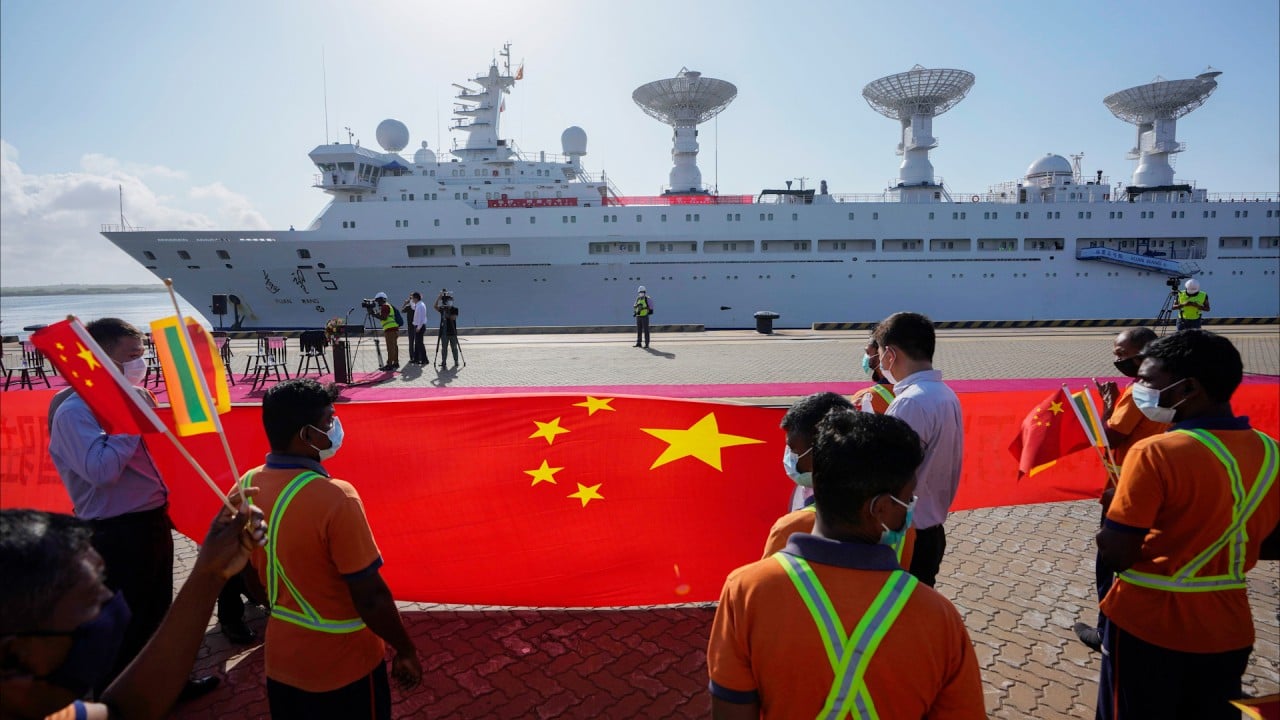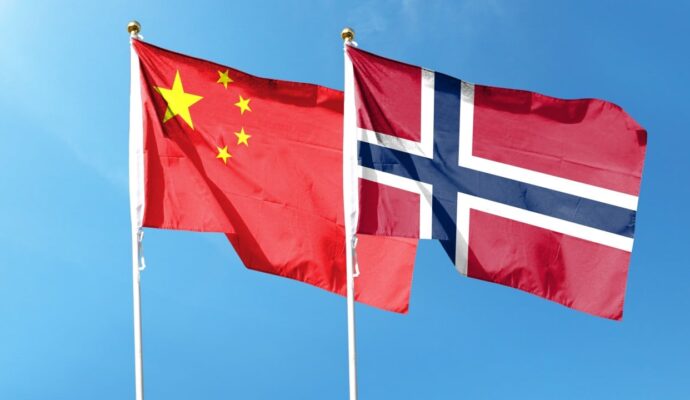The move underscores Beijing’s growing official ties with the Afghan administration, despite its lack of formal recognition by any government.
The two-day forum starting on Tuesday marks the 10th anniversary of President Xi Jinping’s ambitious global infrastructure and energy initiative, billed as recreating the ancient Silk Road to boost global trade.
The Taliban’s acting minister for commerce and industry, Haji Nooruddin Azizi, will travel to Beijing in the coming days, a ministry spokesman told Reuters in a text message.
“He will attend [the forum] and will invite large investors to Afghanistan,” the spokesman said.
Impoverished Afghanistan could offer a wealth of coveted mineral resources. A mines minister estimated in 2010 that Afghanistan had untapped deposits, ranging from copper to gold and lithium, worth between US$1 trillion and US$3 trillion. It is not clear how much they are worth today.
China has been in talks with the Taliban over plans – begun under the previous Western-backed government – of building a possible huge copper mine in eastern Afghanistan.
China’s foreign ministry did not immediately respond to a request for comment.
Azizi will also continue discussions in Beijing on plans to build a road through the Wakhan corridor – a thin, mountainous strip in northern Afghanistan on the Chinese border – to provide direct access to China, the spokesman said.
What is the Wakhan Corridor and why is China worried about it?
What is the Wakhan Corridor and why is China worried about it?
A series of restrictions on women’s access to public life and the barring of many female NGO staff from work has increased roadblocks to recognition, especially by Western countries, officials and international relations analysts say.
China, which has highlighted its desire to maintain stability in the region, has boosted engagement with the Taliban. It became the first country to appoint a new ambassador to Kabul since the group took power, and has invested in Afghan mining projects.




